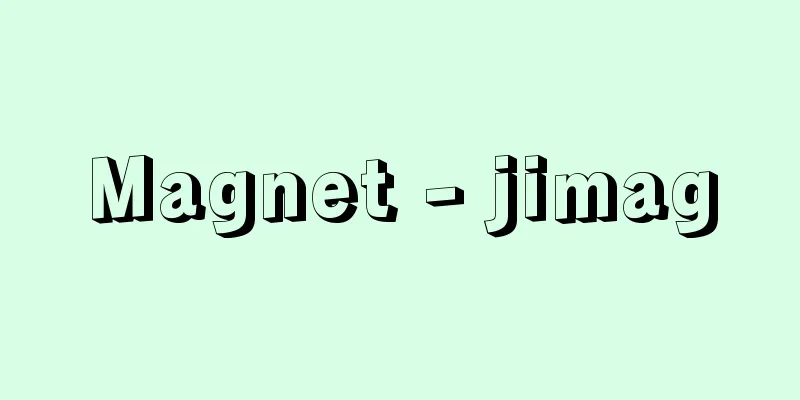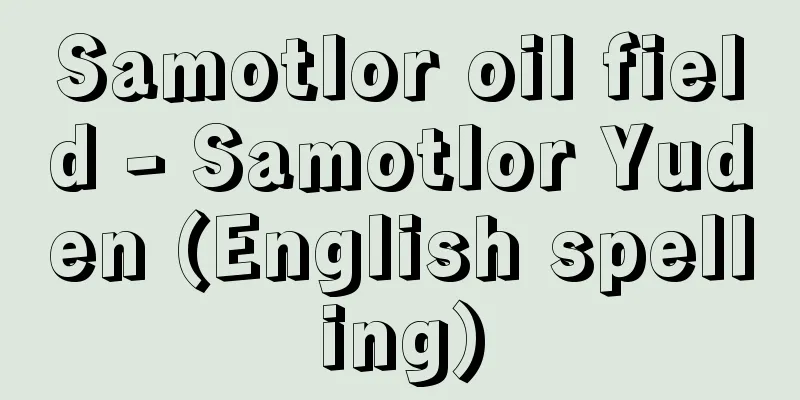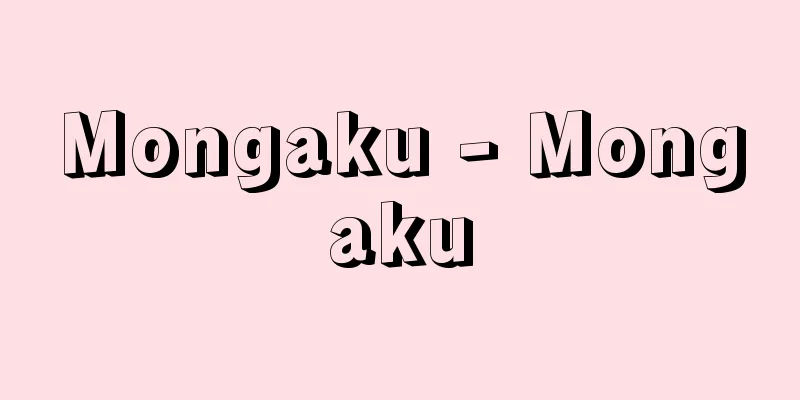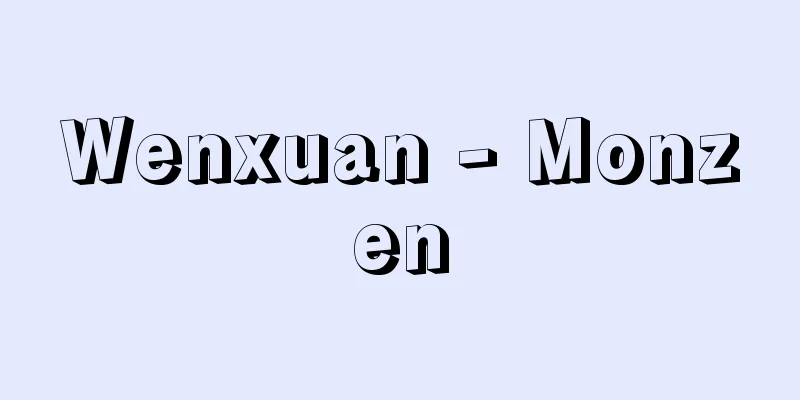Magnet - jimag

("Shaku" is the Go-on pronunciation of "stone") [1] [noun] ① A natural mineral with magnetic properties. Mainly magnetite and red magnetite. Jiseki. ※Ryōiki (810-824), Vol. 1 "The desire for profit and greed for wealth is greater than the raising of a magnetic iron mountain and the lying of iron." ※Kanazoshi, Chiekan (1660), "The hands of Kannon are made of a magnetic magnet. " [Cao Zhi - Jiao Zhi Shi] ② A colloquial term for a magnetic compass or magnetic rose. A directional measuring device that uses the north-pointing (south-pointing) properties of a magnet. It began to be used for navigation at least in the late Middle Ages, and became widespread in the early modern period, with the reverse needle , a uniquely Japanese invention, being highly valued. A magnetic plate. A magnetic needle. A magnetic needle. A south-pointing needle. ※Holland Tensetsu (1795): "The north and south of a magnet are caused by the rigid, rotating energy of the heavens." ③ An object that is magnetic and therefore has the property of attracting iron. They can be classified into permanent magnets, which are magnetic without the aid of an external magnetic field, and temporary magnets, which are magnetic only when an external magnetic field is applied. Both belong to the ferromagnetic material, and the former are called magnetically hard, while the latter are called magnetically soft. These properties are expressed in terms of residual magnetization and coercive force. Magnet. Porcelain. ※Kabuki/Kamenogi (1742): "Iron scraps are mixed with wax to make oil, and this is used to draw up the iron with a magnet. " ④ A device that generates a magnetic field. Permanent magnets, electromagnets, superconducting magnets, etc. [2] Kyogen. Each school. On his way to Tokyo, a man is about to be sold to a slave trader who chases after him with a sword. The slave trader chases after him, but the man introduces himself as the spirit of a magnet and threatens to swallow the sword, and takes it away. In the Tensho Kyogen version, the character is called "Gishaku."MagnetSource: The Selected Edition of the Japanese Language Dictionary About the Selected Edition of the Japanese Language Dictionary Information |
(「しゃく」は「石」の呉音)[1] 〘名〙① 磁力をもつ天然の鉱石。主に磁鉄鉱および赤磁鉄鉱。じせき。※霊異記(810‐824)上「利養を翹(のぞ)み、財物に貪ること、磁石の鉄山を挙して鉄を嘘(す)ふよりも過ぎ」※仮名草子・智恵鑑(1660)「観音の御手をば磁石(ジシャク)にてつくり」 〔曹植‐矯志詩〕② 磁気コンパス・磁気羅針盤の俗称。磁石の指北性(指南性)を利用した方位測定器で、航海用としては少なくとも中世後期に使われ始め、近世では広く普及して、日本独自の考案の逆針(うらばり)が重用された。磁石盤。磁針。磁石針。指南針。※和蘭天説(1795)「磁石(ジシャク)の北と南をさすも、天の剛(きびし)く旋る気に生たる故に」③ 磁気を帯びていて、そのため鉄をひきつける性質をもつ物体。外部磁場の助けなしに磁気を帯びている永久磁石と、外部磁場によってはじめて磁気をもつ一時磁石に分類できる。両者とも強磁性体に属し、前者を磁気的に硬い(ハード)といい、後者を磁気的に軟かい(ソフト)という。これらの特性は残留磁化と保磁力とで表記される。マグネット。磁器。※歌舞伎・毛抜(1742)「鉄のせんくづを蝋に交ぜ油となし、是を用ひ、磁石(ジシャク)をもって鉄気(かなけ)を吸ひ上げさする」④ 磁場を生ずる装置。永久磁石、電磁石、超伝導磁石など。[2] 狂言。各流。上京の途中人買いに売られそうになった男が太刀を持って追いかけてくる人買いに、自分は磁石の精だと名乗り太刀をのみこもうといっておどかし、太刀を奪う。「天正狂言本」では「ぎしゃく」という。
じ‐せき【磁石】出典 精選版 日本国語大辞典精選版 日本国語大辞典について 情報 |
<<: Temple and Shrine Performance Law
>>: Indicator - Shijiyaku (English spelling) indicator
Recommend
Paros inscription - Paros inscription
A marble slab chronicle erected on the island of P...
disthene
…Its specific gravity is 3.67, which is greater t...
Space Shuttle
A large manned spacecraft developed by NASA (Nati...
Kagawa Kageki
A poet of the late Edo period. His pen name was K...
Generative Grammar
A linguistic theory known as transformational gen...
Inagaki Taruho - Inagaki Taruho
Novelist. Born in Osaka. Interested in airplanes,...
Lysimachia genus - Okatora no Ozoku
...In poor soil, oil cakes and other nutrients ar...
Roggeveen, J.
…It is an isolated island located at 27°08′ south...
Chopsticks - Chopsticks
A grass of the Poaceae family (illustration), also...
Lemna trisulcata (English spelling) Lemna trisulcata
… [Mitsuru Hotta]... From Duckweed … [Mitsuru Hot...
Cristeros
"What Sinarkism wants is a homeland for the ...
Acute purulent meningitis - Acute purulent meningitis
...General treatment involves keeping the patient...
Rinnoji Temple
This is a Tendai sect temple located in Yamauchi,...
Frequency - Shindousuu (English spelling) frequency
The number of times the same state is repeated per...
Kijigaoka Castle
...It was the base of the Kodama clan, one of the...









